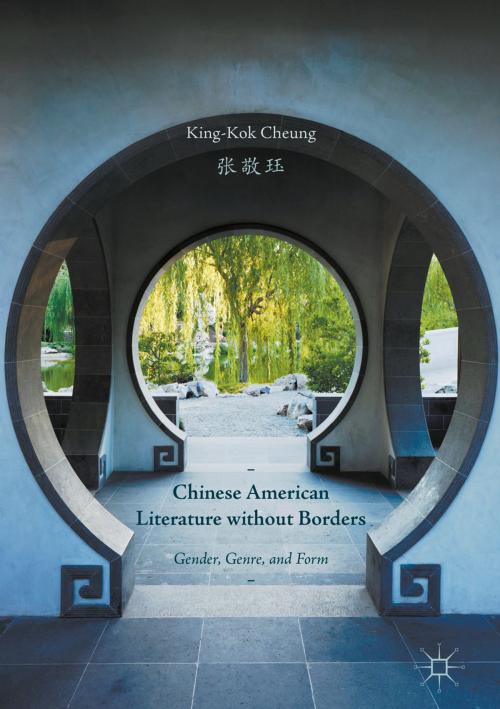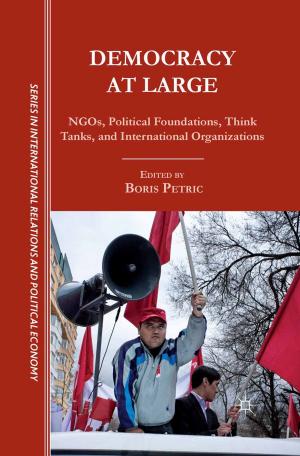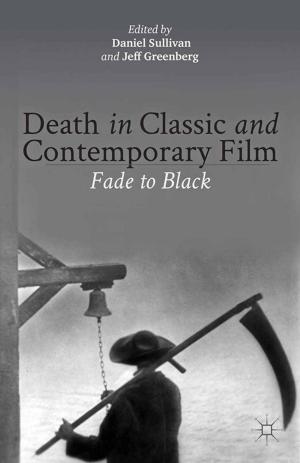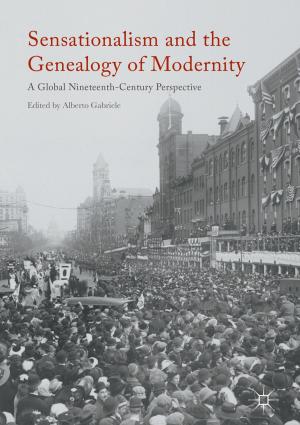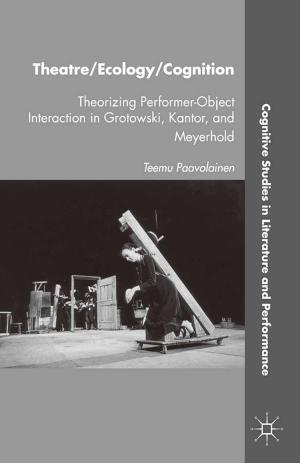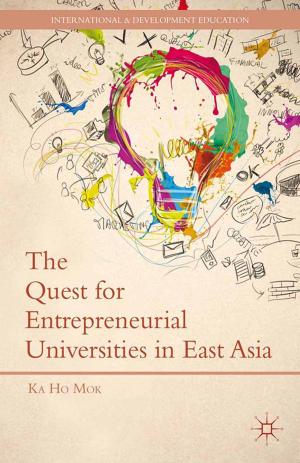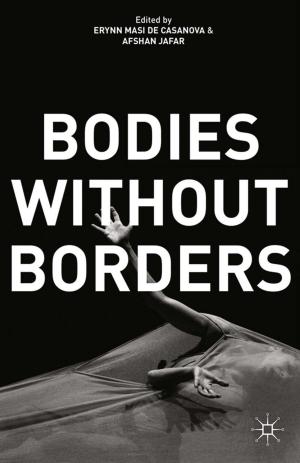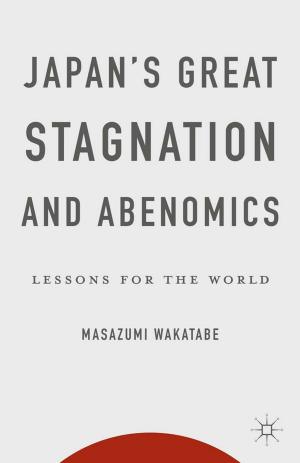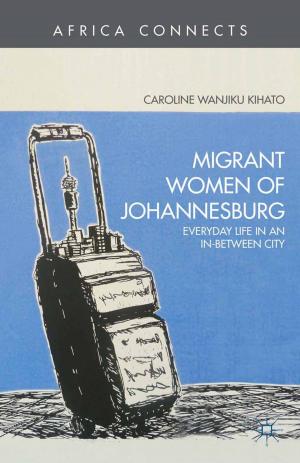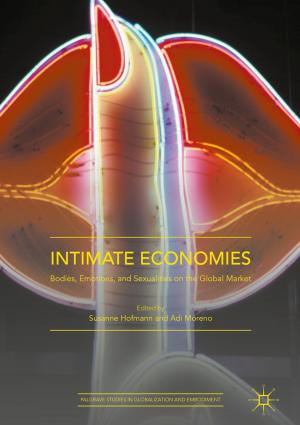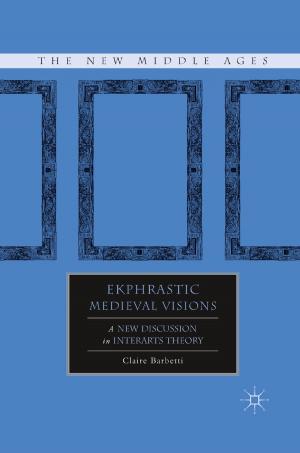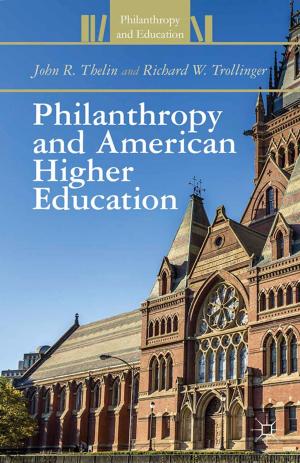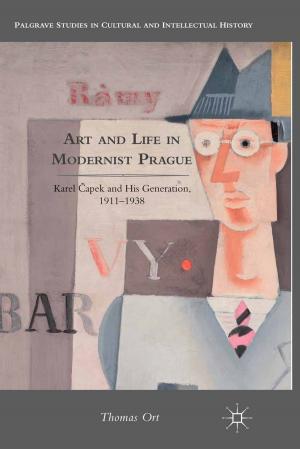Chinese American Literature without Borders
Gender, Genre, and Form
Fiction & Literature, Literary Theory & Criticism, Asian, American| Author: | King-Kok Cheung | ISBN: | 9781137441775 |
| Publisher: | Palgrave Macmillan US | Publication: | February 18, 2017 |
| Imprint: | Palgrave Macmillan | Language: | English |
| Author: | King-Kok Cheung |
| ISBN: | 9781137441775 |
| Publisher: | Palgrave Macmillan US |
| Publication: | February 18, 2017 |
| Imprint: | Palgrave Macmillan |
| Language: | English |
This book bridges comparative literature and American studies by using an intercultural and bilingual approach to Chinese American literature. King-Kok Cheung launches a new transnational exchange by examining both Chinese and Chinese American writers. Part 1 presents alternative forms of masculinity that transcend conventional associations of valor with aggression. It examines gender refashioning in light of the Chinese dyadic ideal of wen-wu (verbal arts and martial arts), while redefining both in the process. Part 2 highlights the writers’ formal innovations by presenting alternative autobiography, theory, metafiction, and translation. In doing so, Cheung puts in relief the literary experiments of the writers, who interweave hybrid poetics with two-pronged geopolitical critiques. The writers examined provide a reflexive lens through which transpacific audiences are beckoned to view the “other” country and to look homeward without blinders.
This book bridges comparative literature and American studies by using an intercultural and bilingual approach to Chinese American literature. King-Kok Cheung launches a new transnational exchange by examining both Chinese and Chinese American writers. Part 1 presents alternative forms of masculinity that transcend conventional associations of valor with aggression. It examines gender refashioning in light of the Chinese dyadic ideal of wen-wu (verbal arts and martial arts), while redefining both in the process. Part 2 highlights the writers’ formal innovations by presenting alternative autobiography, theory, metafiction, and translation. In doing so, Cheung puts in relief the literary experiments of the writers, who interweave hybrid poetics with two-pronged geopolitical critiques. The writers examined provide a reflexive lens through which transpacific audiences are beckoned to view the “other” country and to look homeward without blinders.
